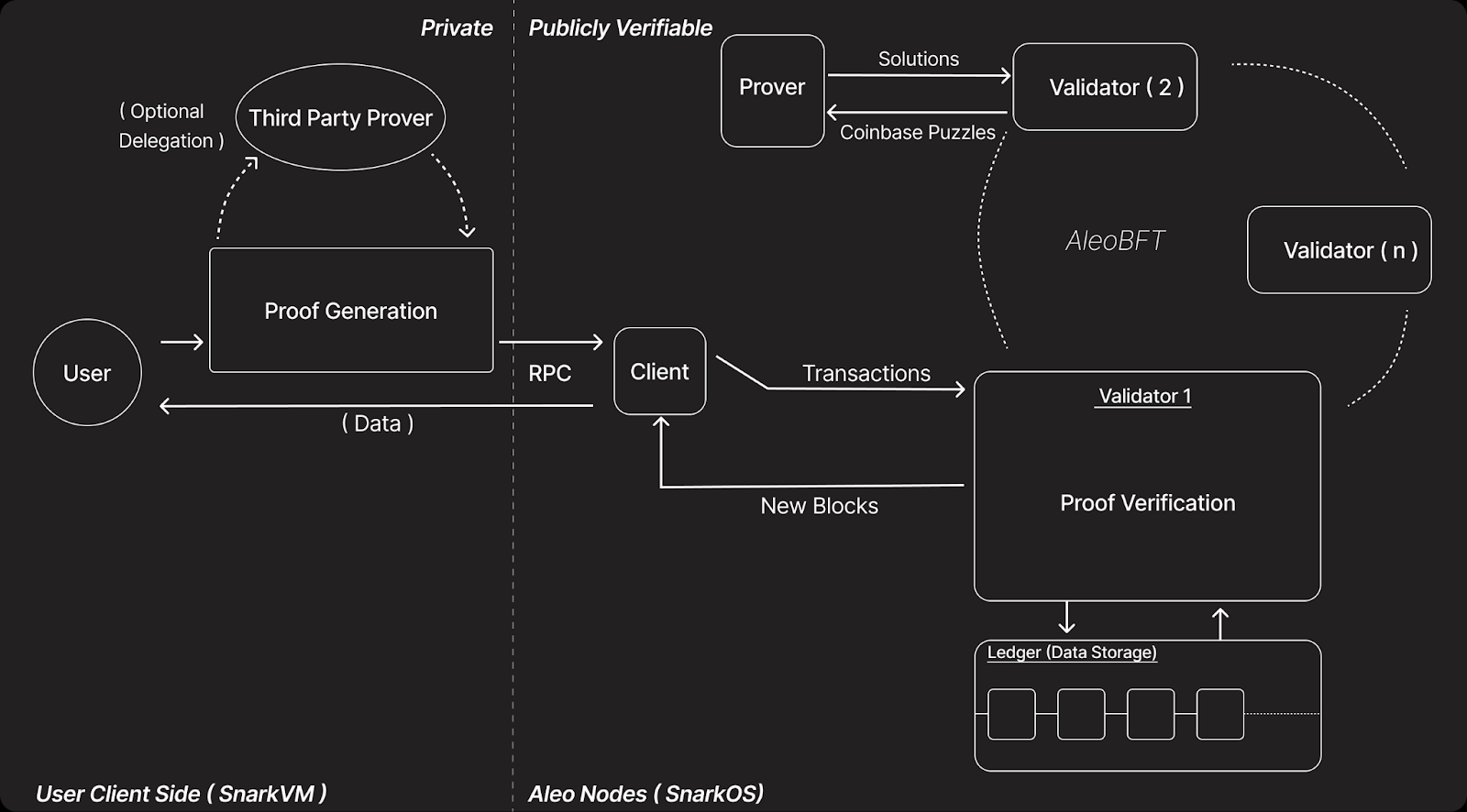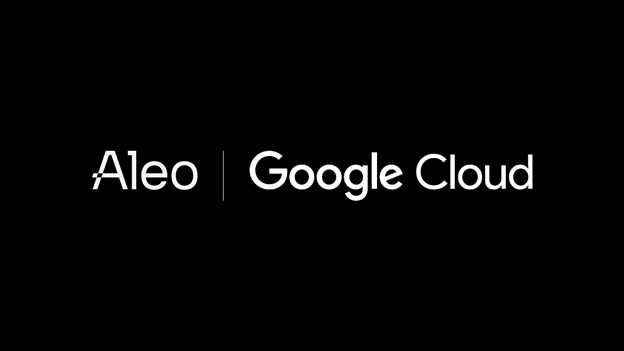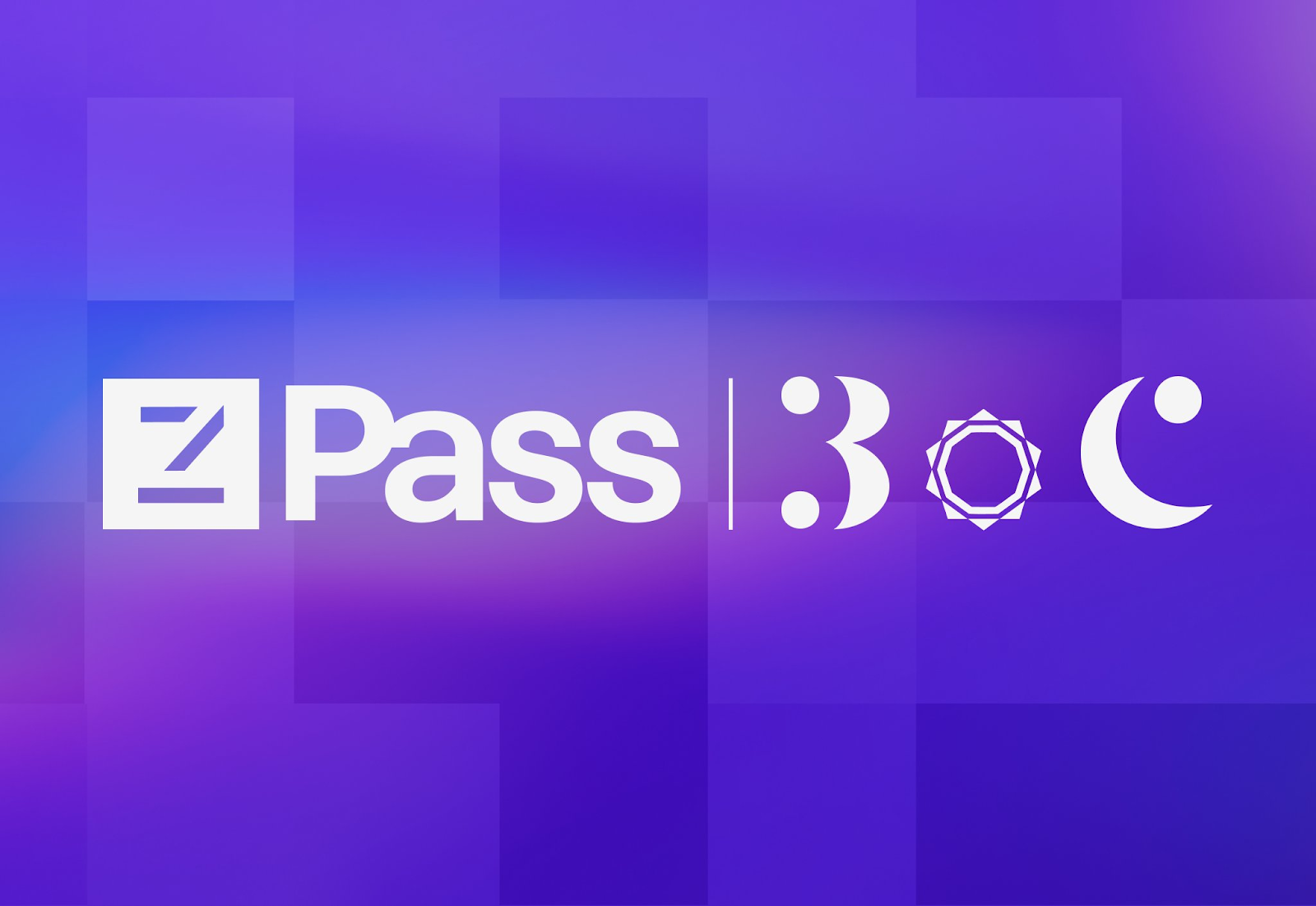When running naked on the chain becomes the norm, how can Aleo use privacy infrastructure to reconstruct Web3 sovereignty?

Reprinted from panewslab
04/15/2025·9DAuthor: Frank, PANews
On February 23, a common test by Binance founder CZ caused an uproar on the BSC chain - when he tried to buy MEME coins, the on-chain data was tracked in real time, and the community misjudged it as an official action, causing tens of thousands of users to follow up crazily. In response, CZ had no choice but to clarify: "This is just a personal test."
Behind this misfortune, the "privacy paradox" caused by blockchain transparency is exposed: on-chain behavior is like running naked, sandwich attackers sniping transactions, hackers targeted phishing, and MEME players tracking smart money instead of being harvested. Howard Wu, founder of Aleo, commented incisively: "CZ's first attempt at AMM is a typical example of my creation of Aleo. I just want my account to be visible to me. I don't know why the whole world needs to see it." The transparent traceability of blockchain was once a revolutionary advantage, but it has evolved into a fatal weakness in complex scenarios such as DeFi and GameFi: privacy leaks become an attack portal, and transparent ledgers become a breeding ground for evil.
According to a report by Certik, the losses of phishing attacks caused by on-chain behavior exposure in 2024 are as high as $1 billion. When transparency changes from the cornerstone of trust to the shackles of development, does blockchain need a privacy revolution? Aleo's answer is: use zero-knowledge proof to reconstruct privacy boundaries and allow users to regain data sovereignty.
Building a bridge in the deep water area of cryptography
When other privacy projects sway left and right between "complete anonymity" and "regulatory compliance", Aleo chose a more underlying breakthrough path: using ZKP technology to achieve "selective transparency" - users can not only hide sensitive data, but also prove authenticity to specific parties. This vision is based on three technical pillars
Aleo's core technology has three main breakthroughs, namely zkCloud (privacy computing layer), Leo language (developer tool layer), and AleoBFT consensus (network layer).

zkCloud is a core technology of Aleo. It moves complex computing tasks from the chain to the user's own device to perform, and then verifies the correctness of these computing through zero-knowledge proof technology. This not only protects user privacy, but also improves the blockchain operation speed.
The key is to execute off-chain. Blockchain is like a shared ledger, and all transactions and calculations are recorded publicly on it. But if everyone writes things on this account, it will become very slow and there is no guarantee of privacy. zkCloud is like sending everyone a "private notebook". You can quietly complete the calculation on your own notebook and then hand over the results to the public account book. This is fast without revealing details. According to Messari's report, zkCloud can shorten the processing time of privacy transactions from a few seconds to a millisecond level, and the calculation cost can be reduced by more than 90%.
For this purpose, Aleo specially designed a programming language - Leo language to develop decentralized applications that require privacy protection. It simplifies complex zero-knowledge proof (ZKP) technology so that developers can write privacy applications without becoming cryptography experts. ZKP technology itself is very complicated, and it is difficult for ordinary programmers to get started directly. Leo is like a "translator", turning advanced cryptography concepts into simple programming syntax. Developers use it like writing regular programs, and the details of the ZKP behind it are automatically handled by Leo. With the help of this low threshold, Aleo official data shows that the number of dApps developed with Leo increased by 150% in 2024.
AleoBFT is a consensus mechanism used by Aleo. It combines the advantages of PoW and Proof of Stake PoS to quickly confirm transactions through a dynamic committee while maintaining the network’s decentralization and security. AleoBFT first uses PoW to select a committee, and then this committee uses PoS to quickly confirm transactions. This not only ensures decentralization, but also improves efficiency. Data from Aleo Test Network shows that the AleoBFT transaction confirmation time is 2 seconds on average, which is much faster than Ethereum's 15 seconds and is suitable for markets that require fast trading. zkCloud protects privacy and improves efficiency, Leo language lowers development thresholds to promote innovation, and AleoBFT ensures rapid decentralized transactions.
Giants join hands, Google Cloud and Coinbase’s trust anchor point
Although zero-knowledge proof and privacy computing are obscure for ordinary users, the giants seem to have long been attracted by the potential of this track. Before the main network was launched, Aleo raised a total of more than US$200 million, setting a record for the largest financing of the zero-knowledge track. Investors include well-known institutions such as a16z, SoftBank, Coinbase, and Samsung.
Advanced technical concepts and endorsement of industry giants obviously bring more industry recognition to Aleo, and further promotes the pace of Aleo's ecological governance.

On February 27, 2025, Aleo announced a strategic cooperation with Google Cloud, becoming the first zero-knowledge Layer1 network in the Google Cloud ecosystem. During this cooperation, Google Cloud also participated in the operation of the verification node of the Aleo main network to improve the decentralization and stability of the network. For Aleo, developers can analyze Aleo network data (such as transaction volume and on-chain records) through Google Cloud's BigQuery tool to improve development efficiency. In addition, Coinbase became one of the first validators when the mainnet was launched.
In the fourth quarter of 2024, Aleo's ecosystem continued to grow. Daily active addresses increased by 10.6%, and new addresses increased by 34.4%. As of March, Aleo has reached 25 verification nodes.
At the same time, Aleo's governance route is also being actively promoted. In May 2024, the Aleo Foundation governance platform was launched before the main network was launched. Aleo token holders can decide on protocol upgrades and improvement proposals through platform voting. After the main network, the ambassador plans are divided into three levels: Apprentice, Voyager and Maestro. Participants need to submit content to accumulate AleoPoints to promote community governance. The platform uses ZKP technology to achieve privacy voting and avoid external intervention. As of March 2025, the governance platform has processed a number of proposals, such as ARC-0042 in December 2024 (dynamic reward adjustment, community support rate reached 93%).
From on-chain privacy to real-world "data passport"
Aleo's capital layout and strategic cooperation have paved the fast lane for it, and technological breakthroughs require support from ecological prosperity. The technology dividends have begun to be transformed into actual use cases, and the zPass protocol launched by Aleo is currently gradually implementing.

“Without built-in privacy, cryptocurrencies can never really enter the real world.” Howard Wu’s manifesto on the X platform reveals that Aleo’s real goal is to open doors to more industries for blockchain through privacy computing.
zPass is a protocol developed by Aleo that is based on zero-knowledge proof technology, allowing users to safely verify identity-specific attributes (such as age, nationality) without the need to disclose all personal information. It's like a "privacy passport" that allows you to prove "I am an adult" or "I am an American citizen" without exposing your name or address.
In February 2025, Aleo announced the implementation of zPass in the first five projects in production environments, including Playside, World3, Humine, GeniiDAO and ThreeofCups (3oC), covering gaming, finance, healthcare, education and social fields.
Among them, Playside uses zPass to verify age, ensuring that young users have a safe and age-appropriate experience when interacting with AI agents. For example, verify that the user meets the age requirement for entering certain game content.
Humine is a decentralized clinical trial platform that allows patients to prove research eligibility (such as a specific disease or age) through zPass without the need to expose a complete medical record.
Obviously, the application of zero-knowledge proof seems to be able to cover more traditional industries, not only limited to the fields of crypto and finance. This is also the source of motivation for Aleo to achieve the return of user data sovereignty and build a new Web3 ecosystem with "privacy as a service" as the core.
From the loss of $1 billion in on-chain attacks to CZ's MEME currency miss, Aleo's narrative characteristics actually confirm the evolution of blockchain's value: when technology shifts from pursuing "absolute transparency" to "controllable anonymity", a new social contract was born - in the digital world, the true meaning of freedom is not unreserved disclosure, but the right to control the boundaries of self-data.
